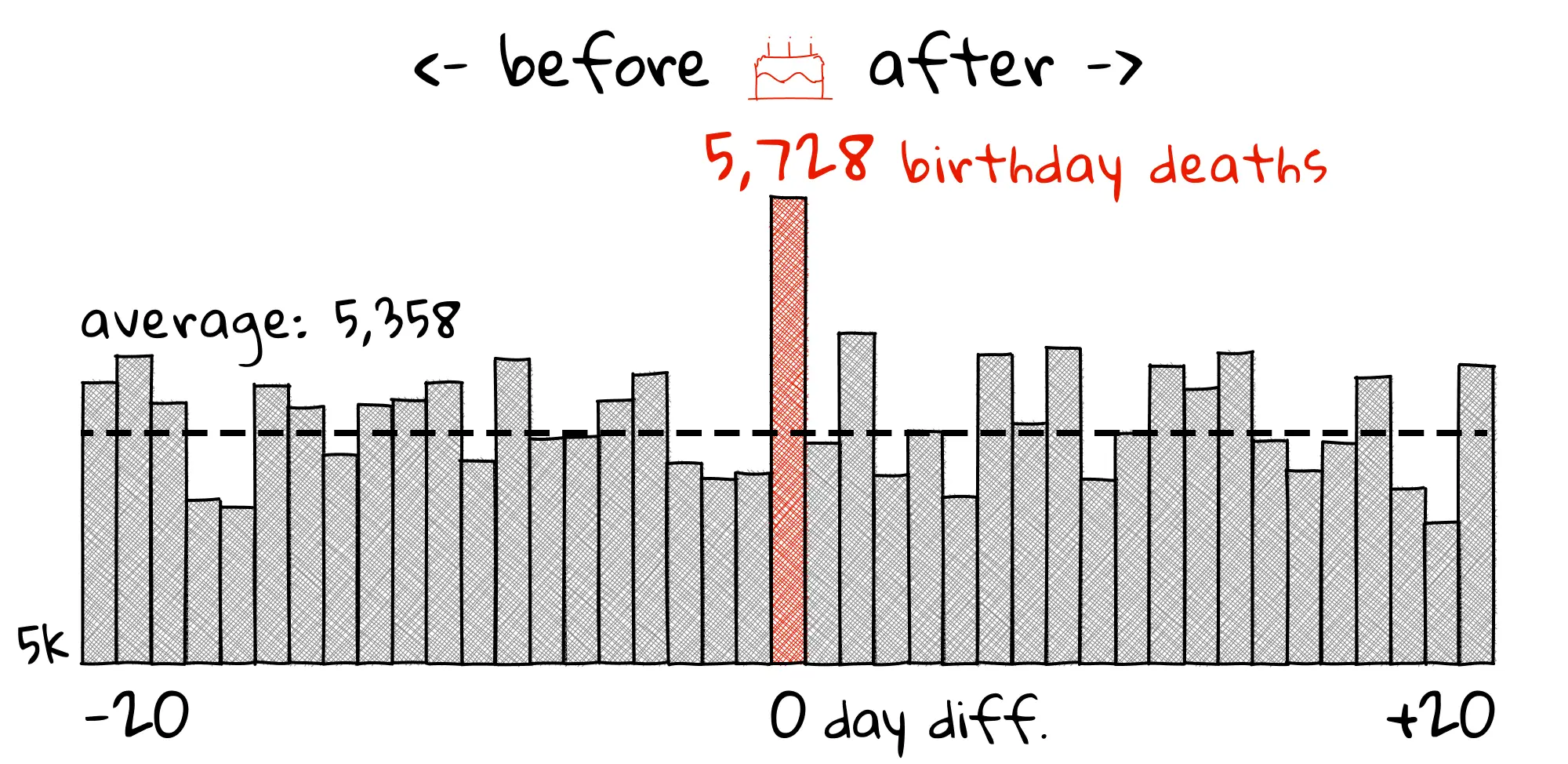
"The birthday effect suggests a notable increase in mortality rates coinciding with an individualâs birthday, raising questions about the link between emotional states and health outcomes during these times."
"Methodological choices, such as sample selection and statistical techniques, play an integral role in shaping research findings, demonstrating the importance of robust studies in revealing truths about phenomena like the birthday effect."
"Across various studies, results relating to the birthday effect differ, indicating the necessity for careful methodological consideration in statistics to avoid potential misinterpretations of data."
"The exploration of the birthday effect serves not only to illuminate a curious statistical observation but also reinforces the notion that our approach to analyzing data influences our conclusions."
The concept of the birthday effect proposes a curious phenomenon where mortality rates appear to spike around an individual's birthday. Russell Samora's analysis draws attention to the variability in study results attributed to methodological differences such as sample selection and statistical analysis techniques. This highlights a critical aspect of research: the way in which data is approached and analyzed can substantially affect findings. Understanding these nuances can provide important insights into the relationship between emotional states and health, potentially informing both statistical education and health awareness.
Read at FlowingData
Unable to calculate read time
Collection
[
|
...
]